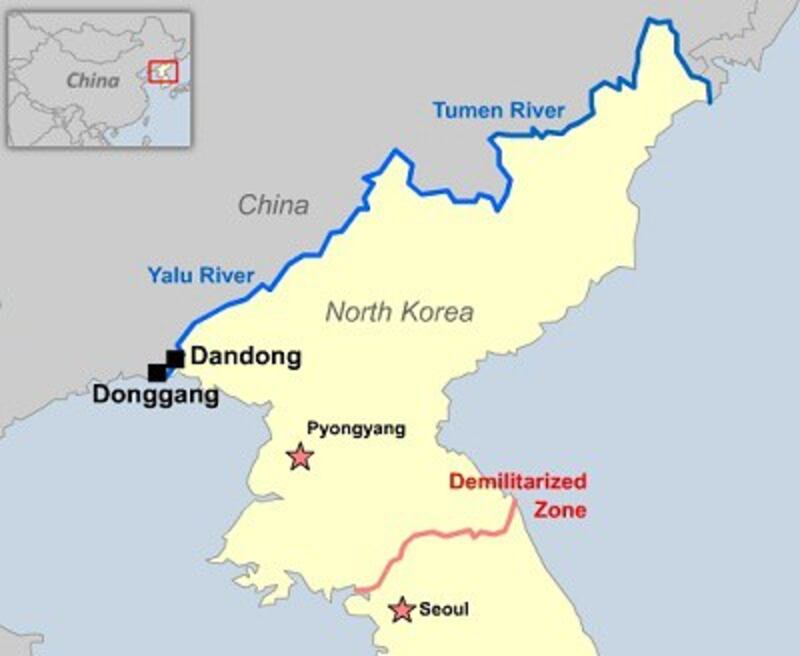North Koreans crossing the border to work in Chinese businesses are facing stepped-up restrictions in the wake of strengthened U.N. sanctions on Pyongyang over its nuclear test, sources said.
Chinese authorities have often turned a blind eye to North Korean black-market labor along their common border area, but sources this week cited cases of officials denying re-entry to a group of North Korean workers and warning a Chinese employer against hiring illegal immigrants.
The reports come on the heels of last week’s decision by Beijing, Pyongyang’s top ally, to back a U.N. Security Council resolution tightening financial restrictions and other sanctions on North Korea in response to Pyongyang’s defiant February nuclear test.
China sought "full implementation" of the new resolution amid indications that it is getting more impatient with Pyongyang’s defiant behavior.
Sources could not say whether the clampdown ordered by Beijing on North Korean workers was a direct result of the sanctions, but they indicated the migrants were facing greater scrutiny from local authorities.
Not allowed in
A source in China said this week that a group of North Koreans who had worked at a factory in the border city of Donggang on short-term visas, which require them to return home every month, had been barred from re-entry.
“Some North Korean workers who worked in a clothing factory in Donggang city, Liaoning province, had gone back to North Korea because the factory didn’t have enough work for them.”

“After that they tried to go into China again, but the local government denied their re-entry,” the source told RFA’s Korean Service, speaking on condition of anonymity.
Twenty miles (30 kilometers) north of Donggang in the larger border city of Dandong, a restaurant owner said authorities had come by his business searching for illegal North Korean employees.
“Recently, an official came and checked out whether North Koreans are working or not. Also, he warned me not to hire illegal workers.”
“I think the official is pointing out North Koreans who came to China illegally to make money,” he said, speaking on condition of anonymity.
Rules and regulations
Under Chinese regulations, businesses must receive permission in advance to hire North Koreans, and the migrants may not make up more than 20 percent of their employees.
Only companies in clothing, software, and food processing industries are allowed to employ them.
In order to work in China, North Koreans are required to obtain a work visa and permission from Chinese provincial authorities.
But many of the North Koreans employed by Chinese businesses do so without applying for visas from China, instead getting a "government affairs" visa issued by North Korea which requires them to return to North Korea every 30 days.
Going back and forth once a month, they provide a cheap source of labor to Chinese businesses and bring their earnings back to their impoverished home country.
Patience thinning
China has condemned North Korea for conducting the nuclear test, as well as for threatening pre-emptive nuclear strikes against the United States and South Korea and announcing it had nullified the 1953 armistice that ended the Korean War.
U.N. Security Council diplomats said the success of the new sanctions will depend on the willingness of China to enforce them more strictly than it has in the past.
On Thursday, U.S. President Barack Obama pressed China’s newly elected President Xi Jinping on the need to coordinate to ensure Pyongyang meets its denuclearization obligations.
China has come under fire from international human rights groups for its policy of treating North Koreans who cross the border into the country as illegal economic migrants rather than as refugees, and for sometimes deporting groups of them back to North Korea.
Last year, China’s Economic Observer journal reported that most North Korean workers in the country had entered illegally.
“North Korean workers are divided into those who are officially dispatched workers, relative visitors, and illegal entrants. The percentage of illegal entrants is the highest among the three types,” it said.
Reported by Joon Ho Kim for RFA's Korean Service. Translated by Goeun Yu. Written in English by Rachel Vandenbrink.
